Victory in the war to protect the Fatherland at the southwestern border - a lesson for the cause of protecting national sovereignty
After taking power in Cambodia (April 1975), the reactionary Pol Pot-Ieng Sary group implemented a genocidal fascist dictatorship against the Cambodian people and waged a war of aggression against Vietnam.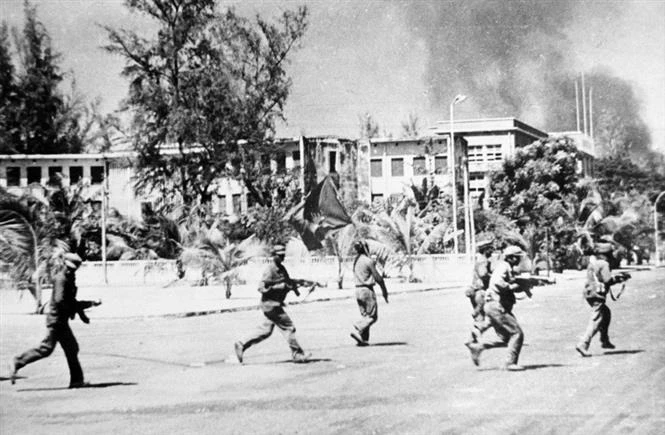 |
On the afternoon of January 7, 1979, the Cambodian revolutionary armed forces and Vietnamese volunteer troops entered the capital city of Phnom Penh to liberate it, overthrow the Pol Pot genocidal regime, revive it and bring a bright future to the land of pagodas. (Photo: VNA)
From 1975 to 1978, Pol Pot's army launched many attacks deep into our country's territory, causing a series of bloody massacres against people along the Vietnam-Cambodia border. The actions of the reactionary and belligerent Pol Pot-Ieng Sary group brutally violated Vietnam's independence, sovereignty, and territorial integrity, damaging the relationship between the two countries. To protect the sacred sovereignty of the Fatherland, the Party and State of Vietnam directed the Ministry of National Defense, military regions, localities, and units to strengthen their preparations of forces and positions, resolutely crushing the enemy's invasions; at the same time, they persistently advocated building a peaceful and friendly border, finding every way to save the peace, and repeatedly proposed negotiations with the government of democratic Cambodia. However, the reactionary Pol Pot-Ieng Sary group rejected all our goodwill, continuing to step up their sabotage and invasion activities against Vietnam. On December 23, 1978, they mobilized 10 divisions to launch a large-scale attack along the entire southwestern border. Exercising their legitimate right to self-defense, through counterattacks and lightning-fast attacks, our army and people destroyed and drove Pol Pot's army out of the Fatherland's territory. Then, at the request of the Kampuchean United Front for National Salvation, with a pure international spirit, Vietnamese volunteer troops coordinated with Cambodian revolutionary armed forces to launch a general attack to liberate the capital Phnom Penh and the entire country of Cambodia (January 7, 1979), saving the Cambodian people from genocide. The victory of the war to defend the Fatherland on the southwestern border crushed the sinister plot of the Pol Pot-Ieng Sary group, firmly protecting the independence, sovereignty, and territorial integrity of the Fatherland, saving the Cambodian people from the brink of genocide; Stop the plot to divide the long-standing tradition of solidarity of the three Indochinese countries, contribute to maintaining peace and stability in Southeast Asia and the world; create conditions to restore friendship and solidarity between the two Parties and peoples of Vietnam and Cambodia. The victory of the war to defend the Fatherland at the southwestern border crushed the sinister plot of the Pol Pot-Ieng Sary group, firmly protected the independence, sovereignty and territorial integrity of the Fatherland, saved the Cambodian people from the brink of genocide; stopped the plot to divide the long-standing tradition of solidarity of the three Indochinese countries, contributed to maintaining peace and stability in Southeast Asia and the world; created conditions to restore the friendship and solidarity between the two Parties and peoples of Vietnam and Cambodia.
The victory in the war to defend the Fatherland at the southwestern border has left many valuable lessons for the current work of protecting national sovereignty. First, always uphold the spirit of revolutionary vigilance, grasp the situation, promptly detect and destroy all enemy's plots and tricks of invasion. After the victory of the resistance war against the US to save the country, because we did not grasp and correctly assess the nature, plots and tricks of invasion of the reactionary Pol Pot-Ieng Sary group, at first, we were still passive in identifying the target of the war. After correctly identifying the origin, cause and goal of the enemy's war, our Party set out correct and creative political guidelines and goals, leading our army and people to launch counterattacks, attacking the enemy proactively, resolutely and continuously, achieving great victories. That shows that, in order for the country to not be passive and surprised, it requires the entire Party, the entire people and the entire army to always uphold the spirit of revolutionary vigilance, "must firmly grasp the initiative, must foresee, prepare in advance" (1) . In particular, in the face of the current complicated and unpredictable developments in the world and the region, it is even more necessary to sharpen the spirit of revolutionary vigilance, promptly detect and correctly assess the target and partners at each time; have plans to prevent the risks of war and conflict early and from afar; proactively prepare in terms of ideology, forces, and posture, promptly and successfully handle situations, and not let the Fatherland be passive and surprised in terms of strategy. Looking back at the war to defend the Fatherland at the southwestern border, the lesson of objectively and comprehensively assessing the situation to promptly have the right strategic policy is a matter of profound theoretical and practical significance. Second, take care to build a national defense for all people, a national defense posture for all people associated with a strong people's security posture. The consistent goal of our Party is to build a strong national defense to maintain peace and prevent the risk of war. That is a national defense that is comprehensive, increasingly modern, peaceful, self-defense, and "people-based". From the war to protect the Fatherland in the Southwest border, it has been affirmed that in order to protect the Fatherland early and from afar, it is necessary to constantly pay attention to building and promoting the combined strength of the entire political system in building potential, forces, and defense posture, and preparing national resources. Promote the building of a national defense posture associated with a people's security posture, ensuring reasonableness in each locality, especially key areas, strategic directions, borders, and islands, meeting the defense tasks in peacetime and quickly transforming into a people's war posture when the country is at war. Synchronously and effectively implement solutions for socio-economic development, ensuring national defense and security in all regions; Continue to build the provinces and centrally-run cities into solid defense zones; effectively implement the motto "On-site command, on-site forces, on-site means and on-site logistics". Third, take care to build a revolutionary, regular, elite, gradually modernized people's army with increasingly high overall quality and combat power. In the fight to protect the Fatherland at the southwestern border, thanks to promoting overall strength, the armed forces, with the core being the people's army, defeated large-scale invasions by the enemy, firmly protecting the country's independence and sovereignty. Currently, in response to the requirements of the cause of building and defending the Fatherland, it is necessary to focus on building a strong army in all aspects, especially in politics; maintain and strengthen the Party's absolute and direct leadership in all aspects of the army. Take care to build an army that is elite, compact, strong, with high overall quality and combat power; Ensure the balance between the military branches and services, between the main force and local forces, between the regular force and the mobilized reserve force. Adjust the appropriate force arrangement in regions and areas, especially in key areas of national defense and security, border areas, seas and islands. Thoroughly grasp and strictly implement resolutions, directives and orders on training. Accelerate the process of military modernization according to the goals set by the 13th National Party Congress. Fourth, strengthen cooperation and defense diplomacy with other countries, especially neighboring countries. In the coming years, the world and regional situation will continue to develop complicatedly, requiring us to grasp and forecast trends in international and regional relations as well as the goals, interests and strategic intentions of each country, especially the major countries; constantly strengthen and maintain relations between the three Indochinese countries. Thoroughly grasp the Party's independent and autonomous foreign policy, promote and improve the effectiveness of defense diplomacy. In foreign relations, it is necessary to maintain strategic principles, be flexible in tactics, “remain constant, respond to all changes”; actively transform objects into partners, closely link partner interests with defense-security interests, and protect national sovereignty. Continue to promote cooperation, making the Vietnam-Cambodia defense relationship one of the important pillars in the comprehensive relationship between the two countries, actively contributing to the realization of the motto “good neighbors, traditional friendship, comprehensive cooperation, long-term sustainability” between Vietnam and Cambodia for peace, national independence, stability and development in the region and the world. ---------- (1) Ho Chi Minh, Complete Works, National Political Publishing House, Hanoi, 2011, volume 8, p. 552.Nhandan.vn
Source link







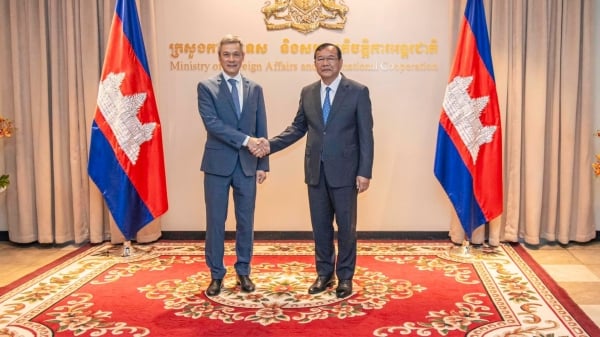

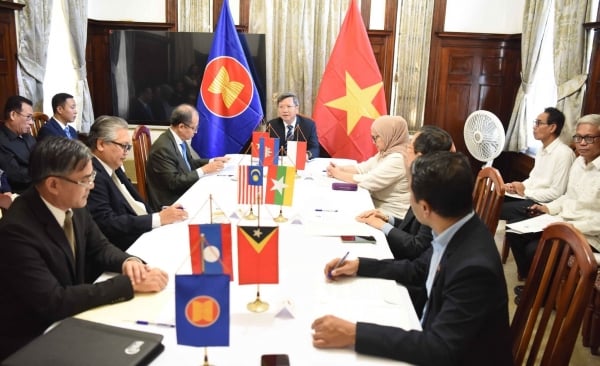

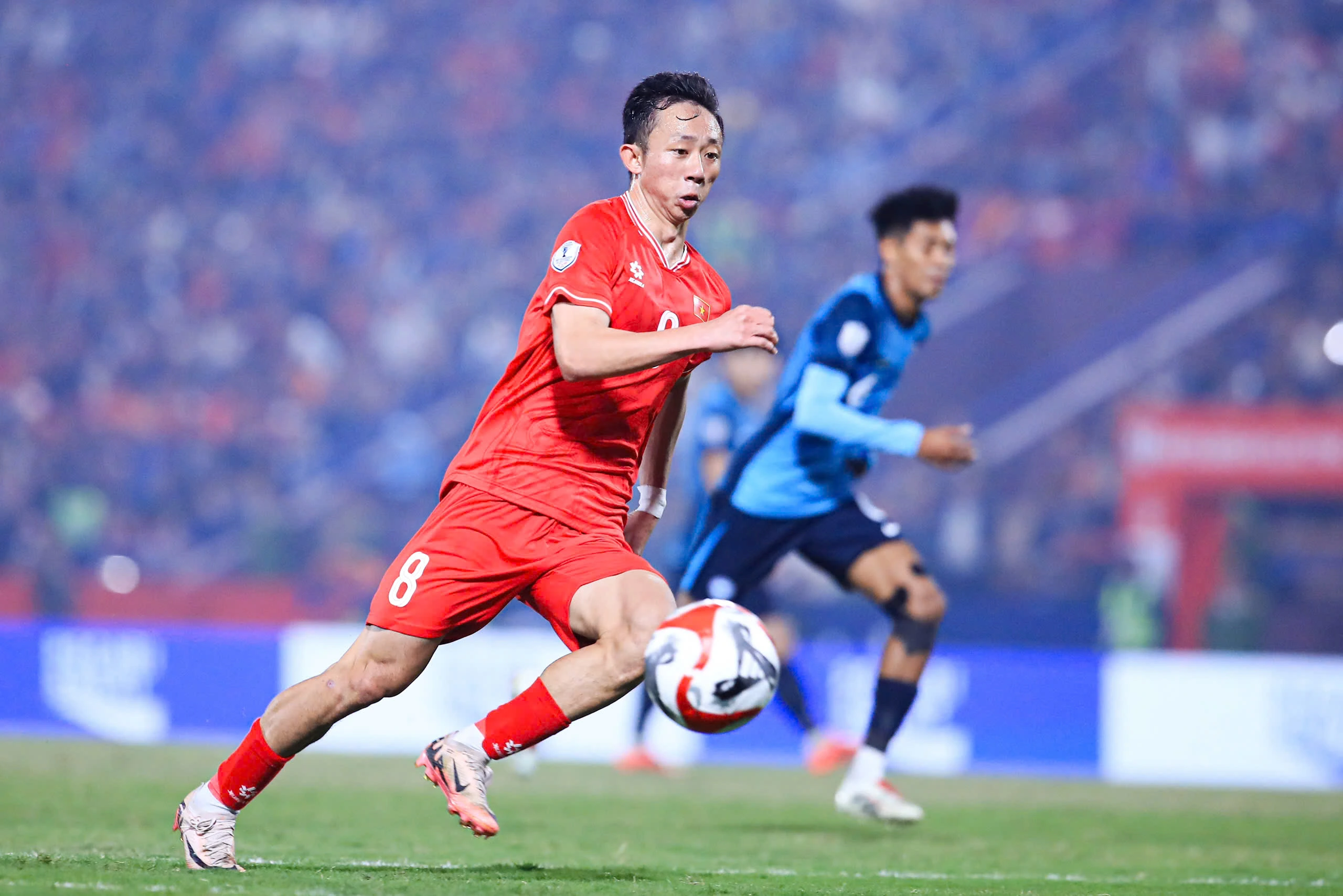

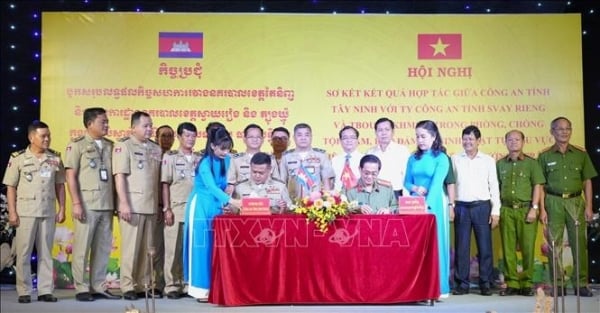
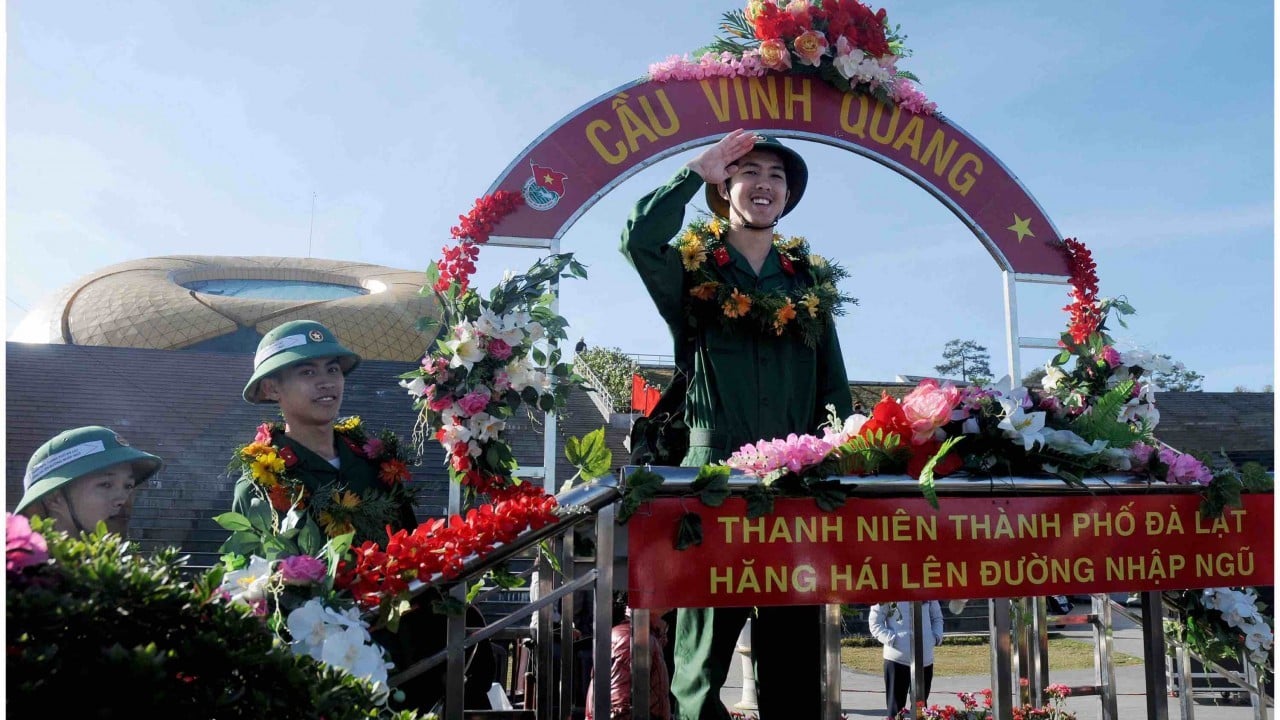
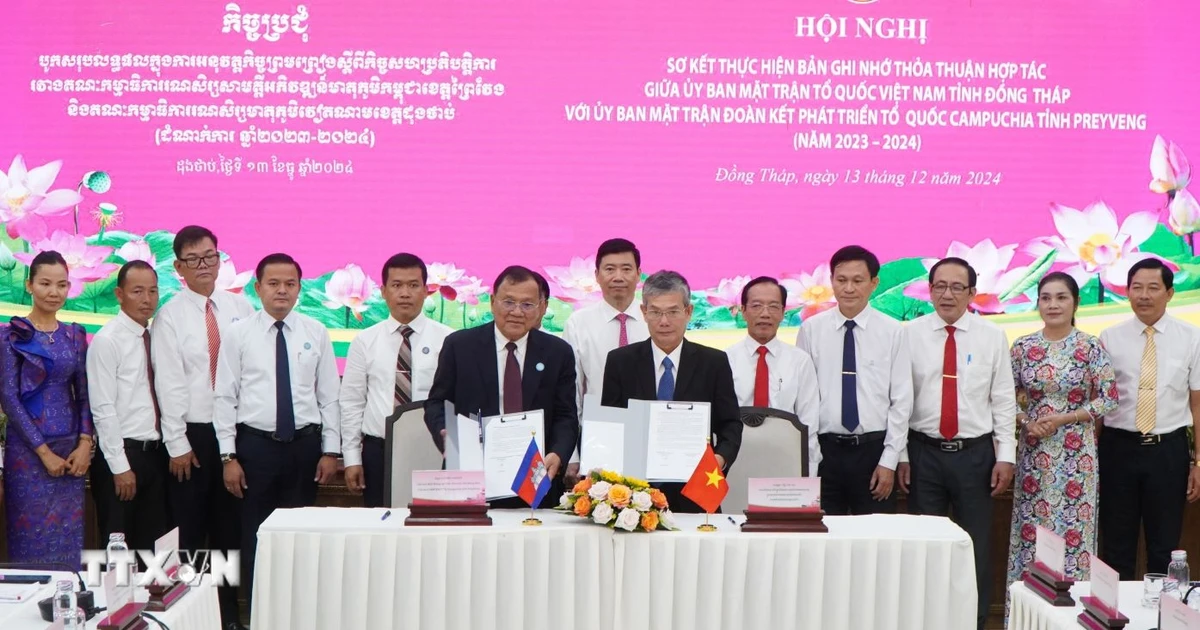

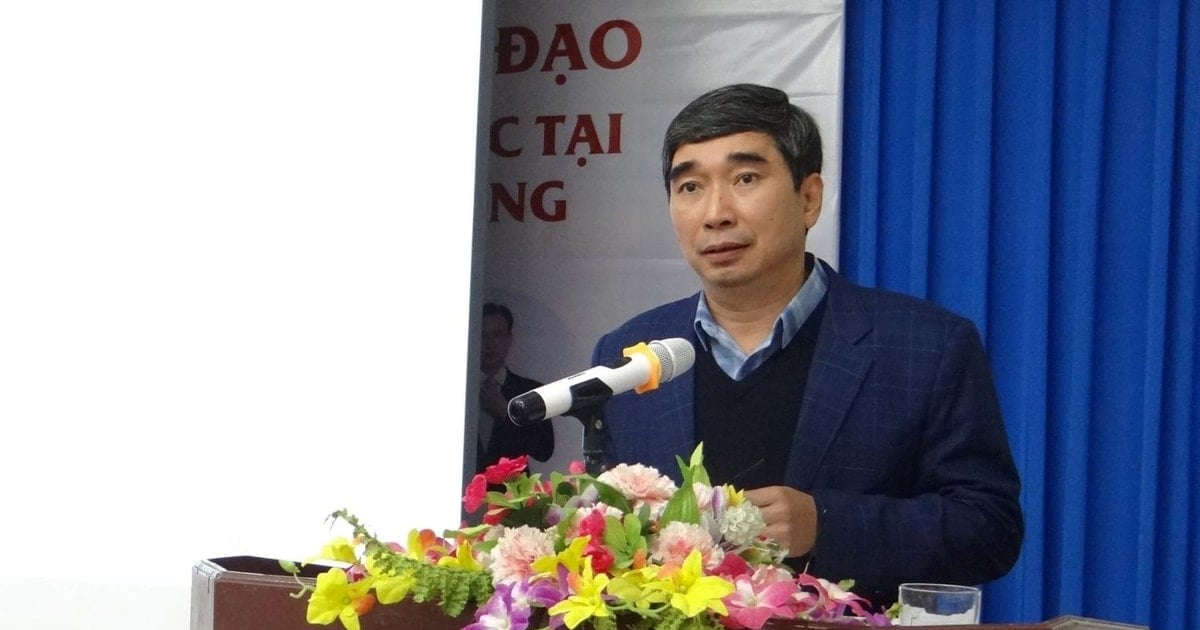

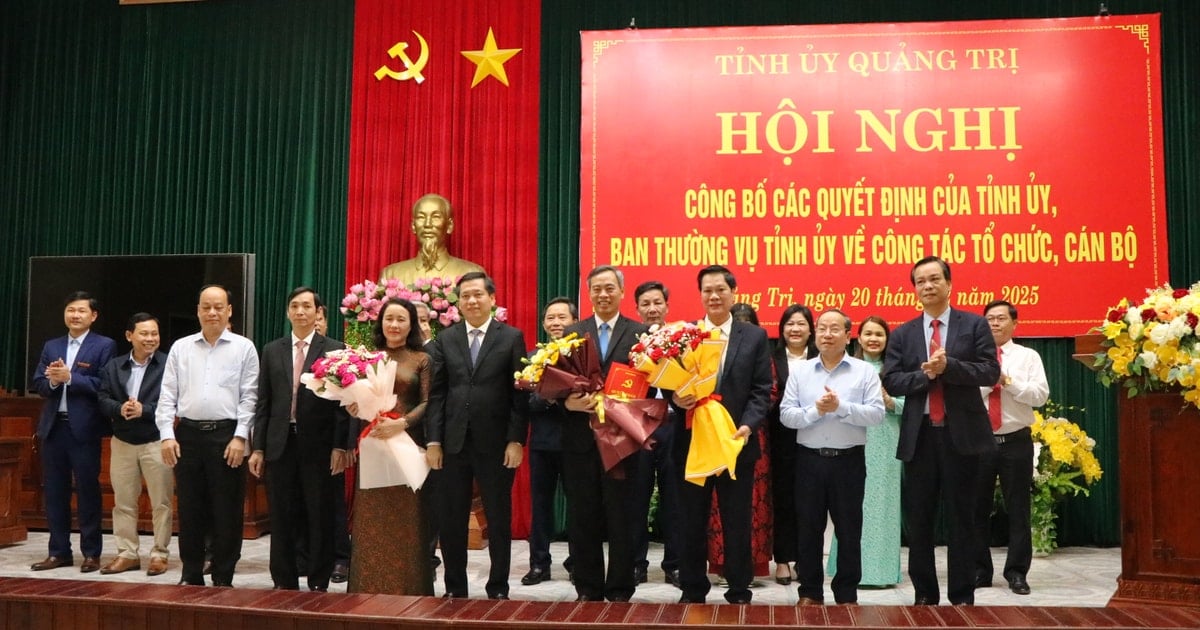

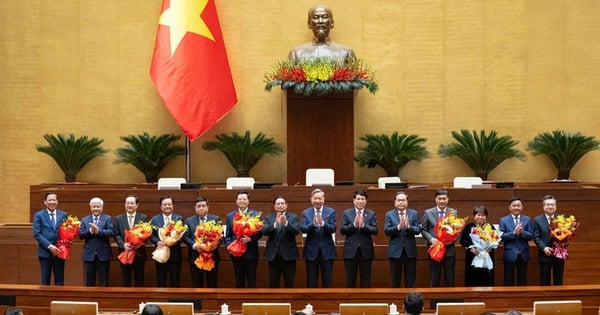

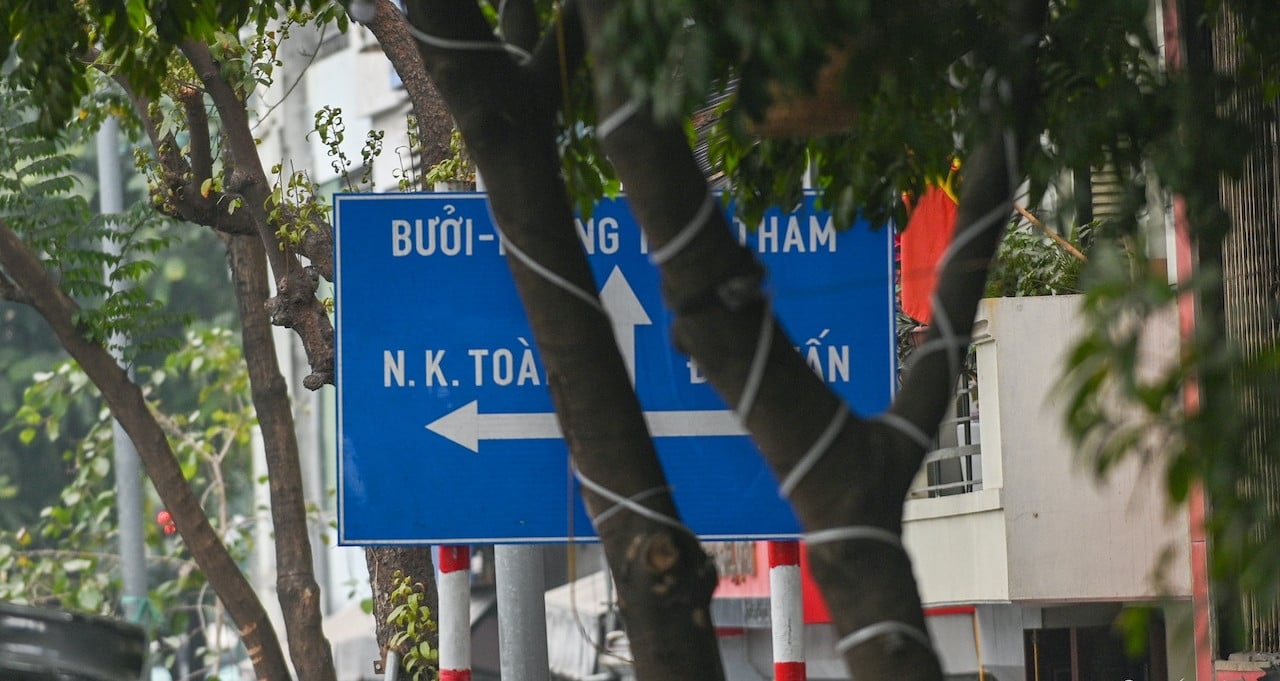



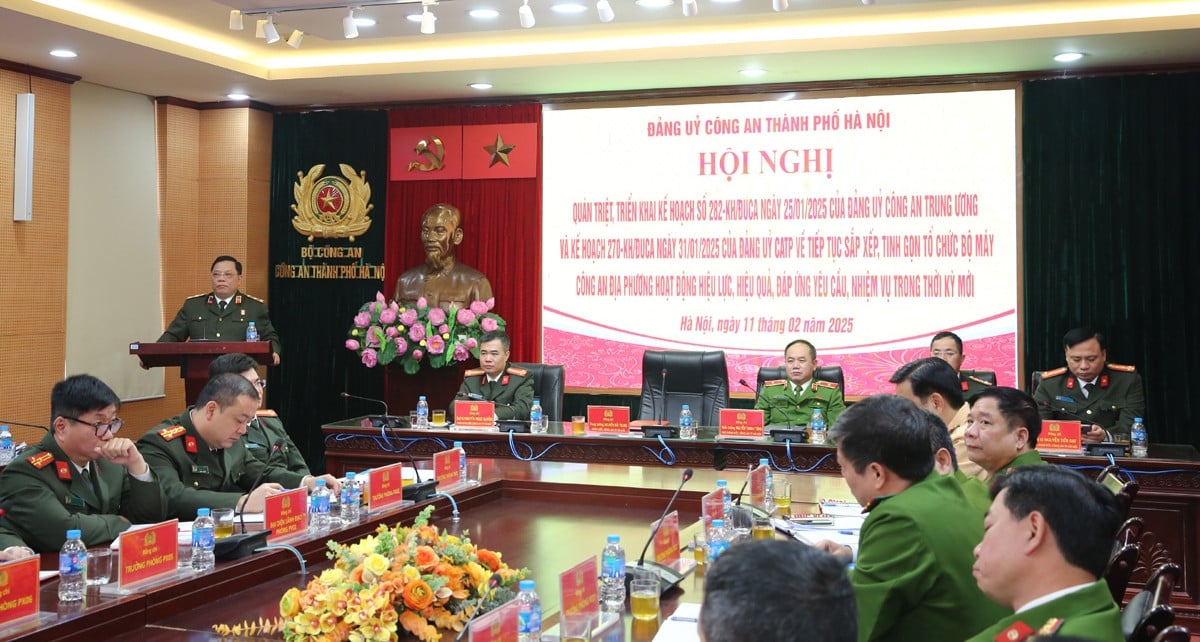
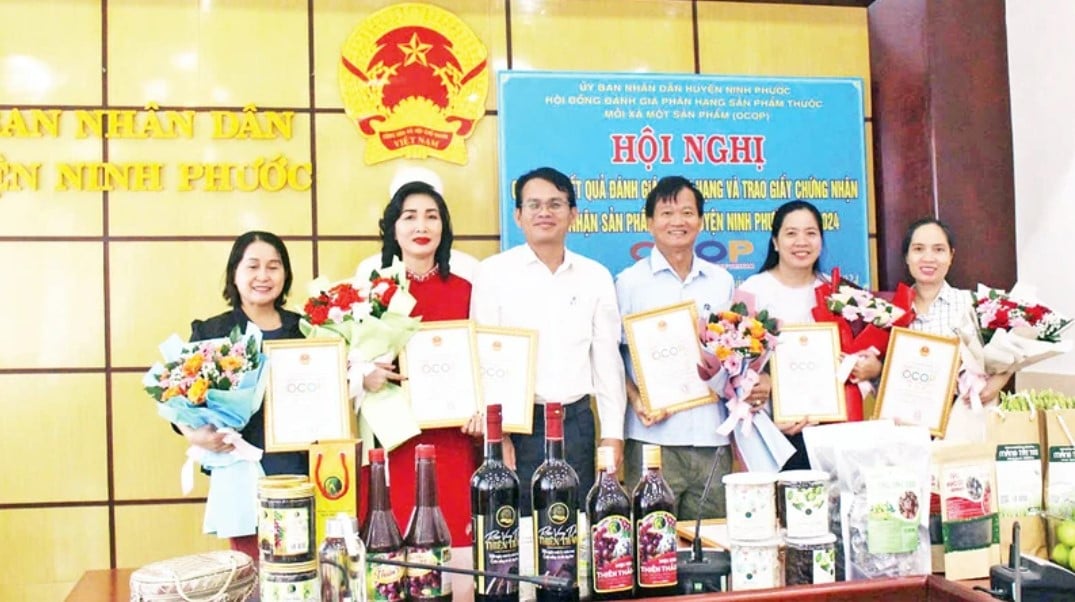

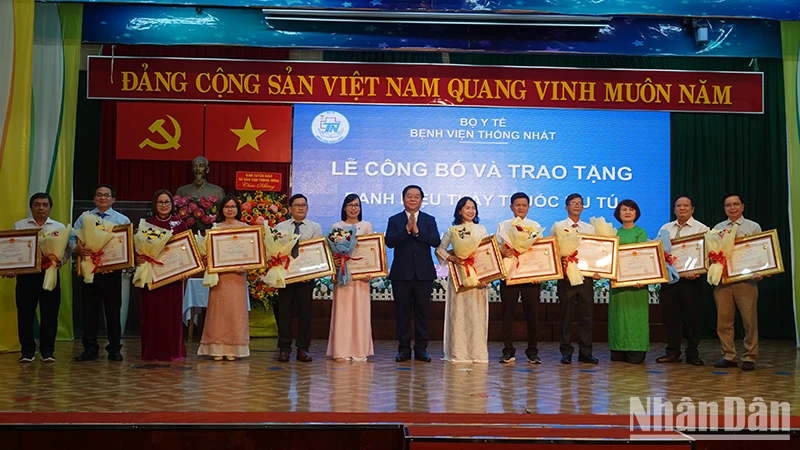
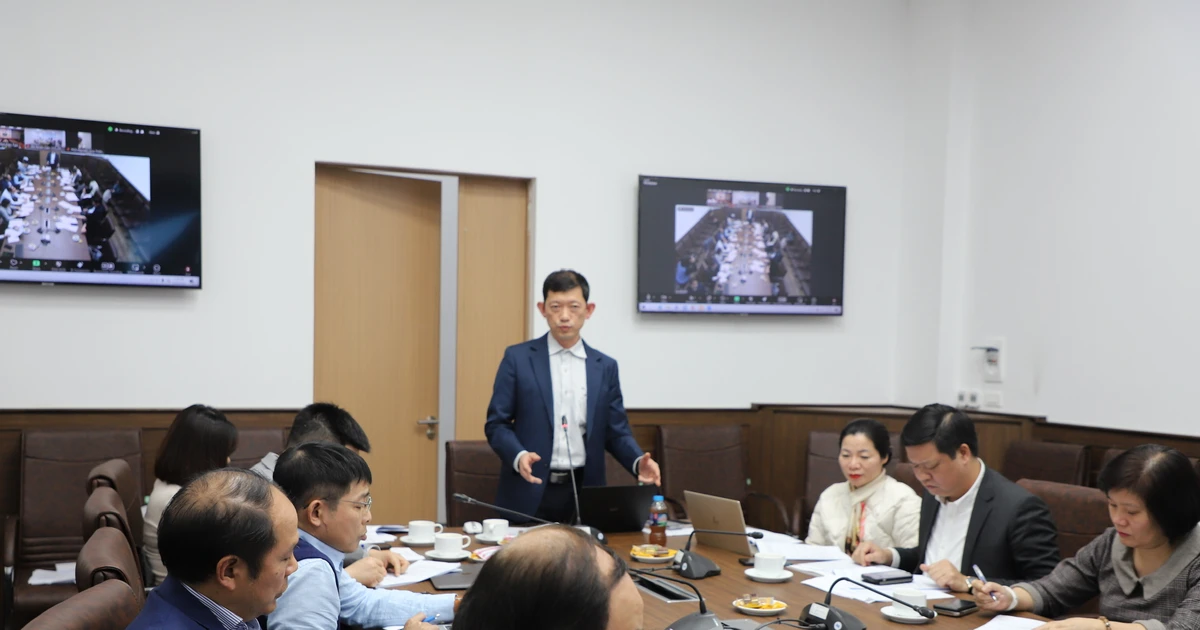

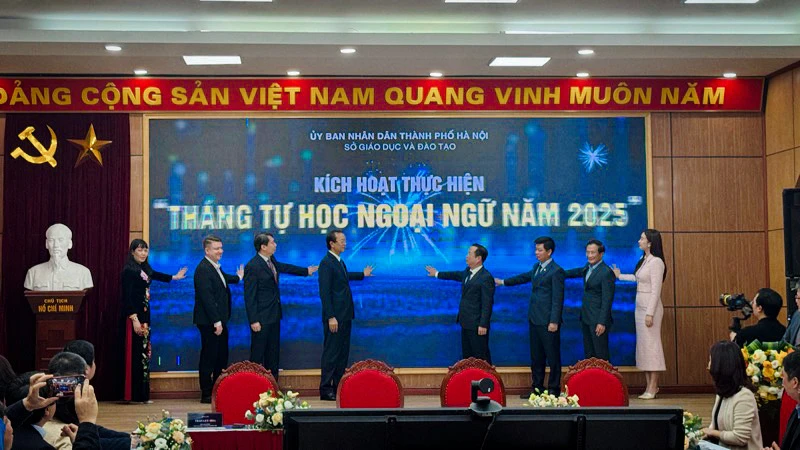
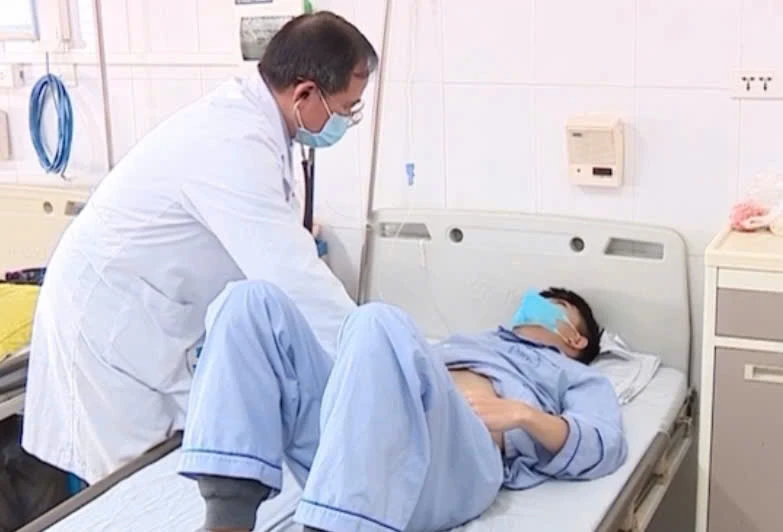

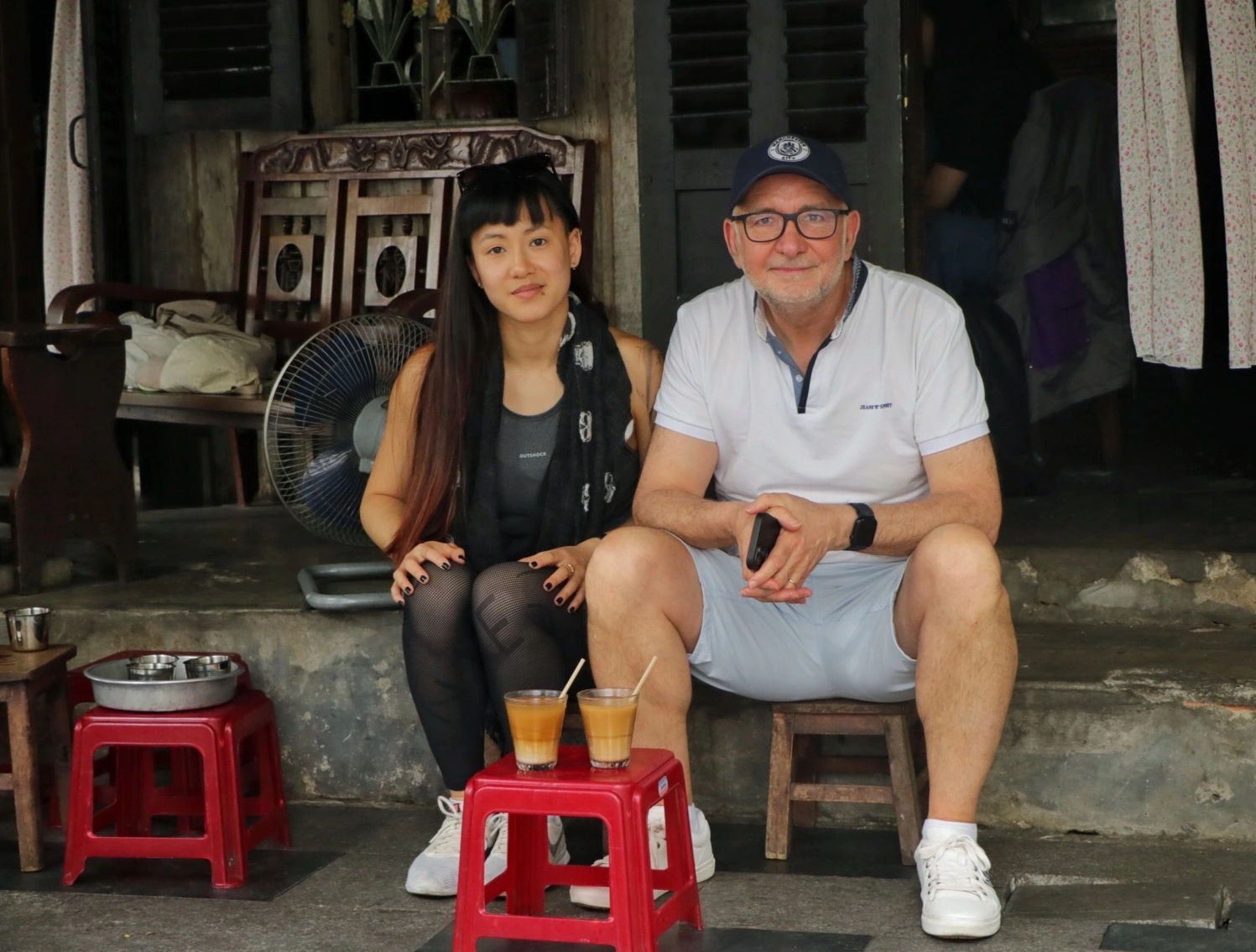




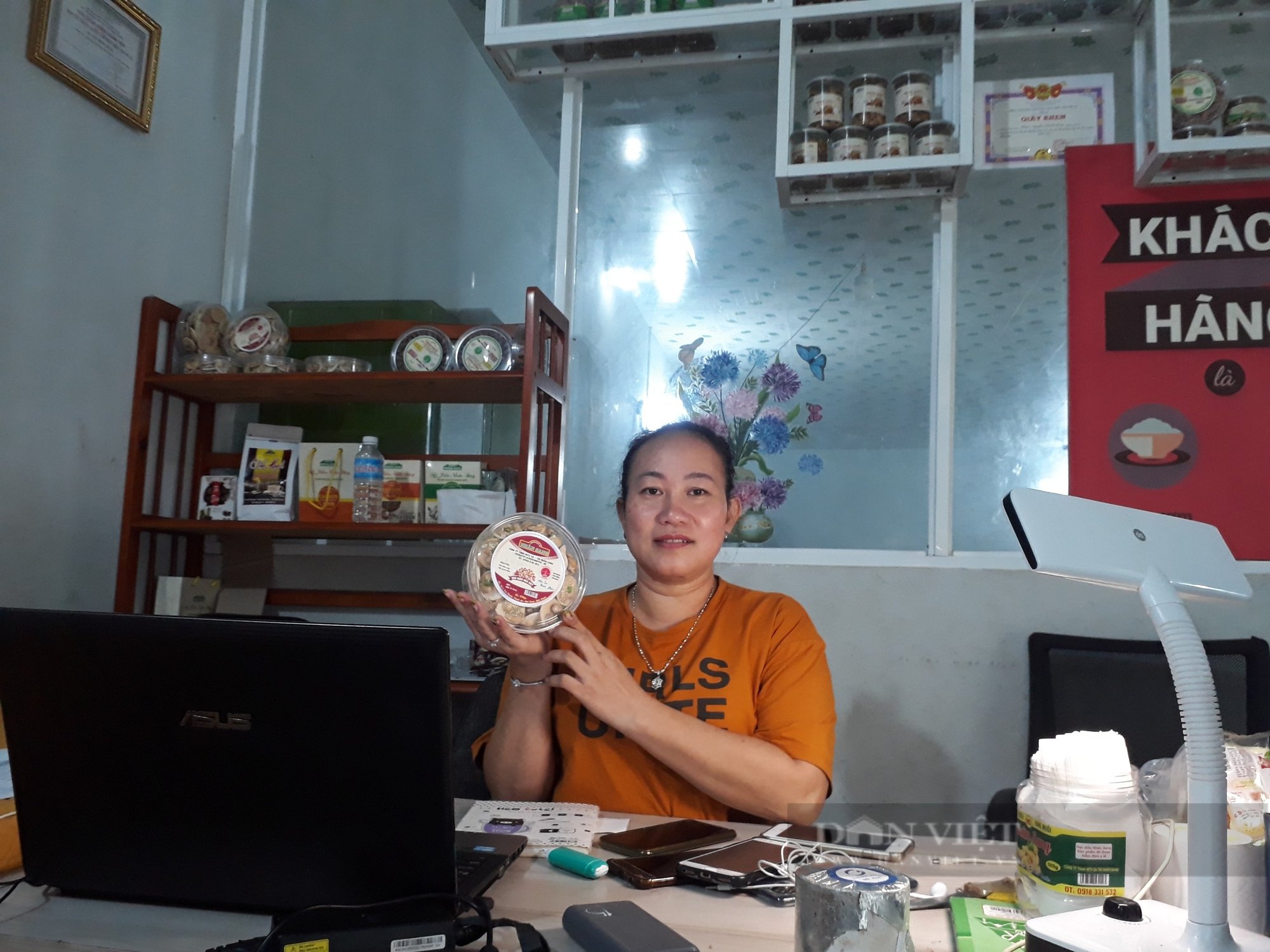

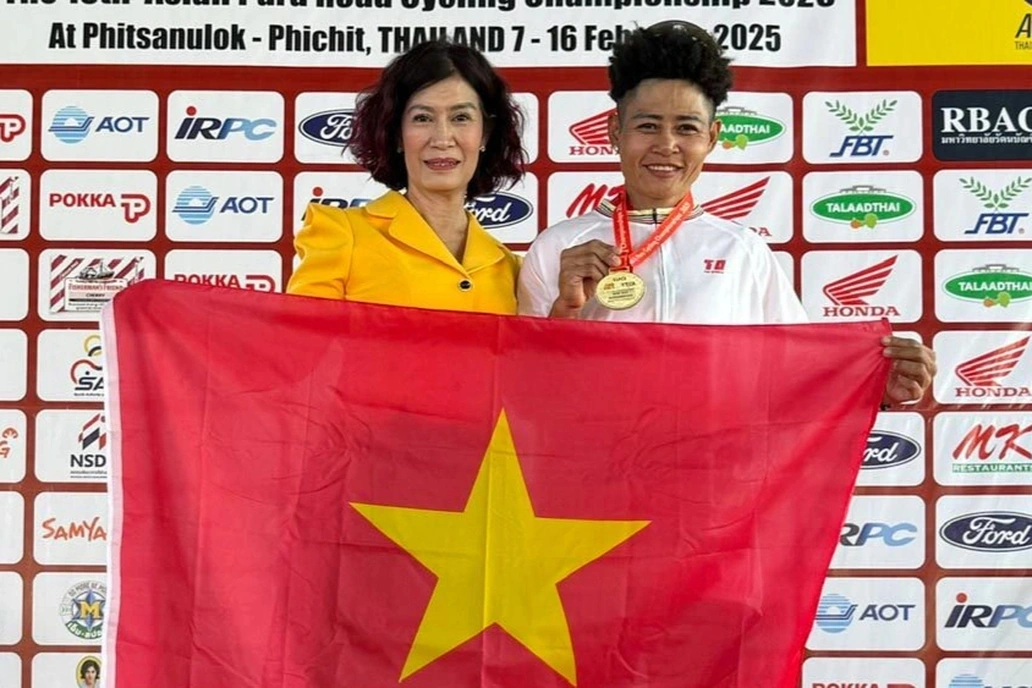

Comment (0)